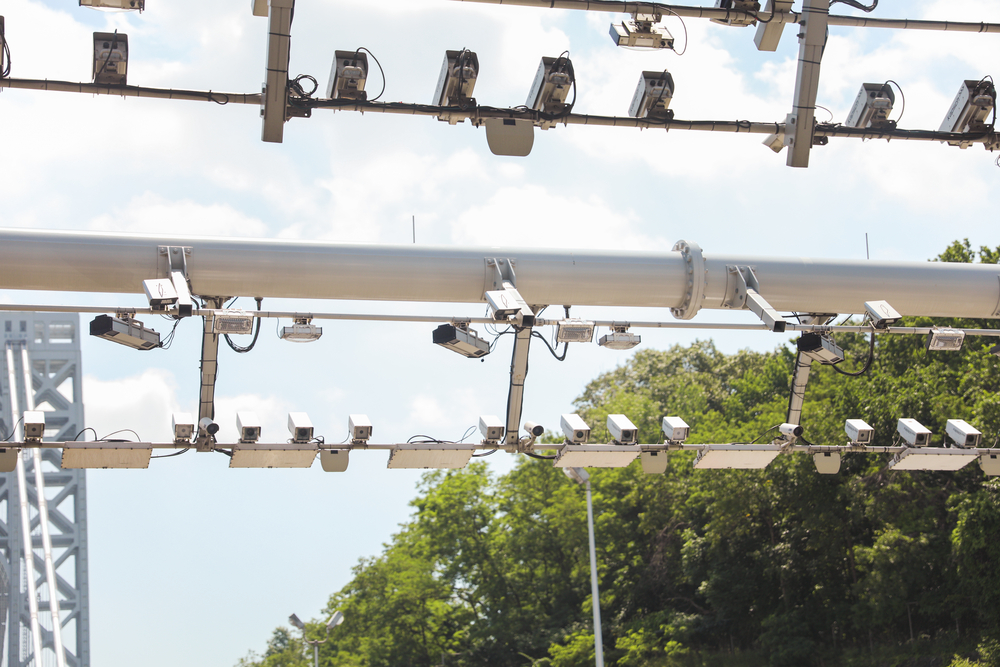The future of road pricing in the Netherlands remains uncertain, but what is certain is that the way we tax mobility is subject to change.
The Netherlands is on the eve of a crucial decision in its mobility policy: the introduction of road pricing. The concept of paying per kilometer, which aims to tax driving based on use rather than ownership, has divided Dutch politics and has become a prominent topic in electoral discussions after the fall of the government.
A article at the NOS which emerged today from economics editor Charlotte Klein, concludes that, despite the divisions, the subject of road pricing has become an unavoidable reality in Dutch politics and mobility discussions. The coming years will be essential in determining the course and contours of this policy, whereby the final design will have a direct impact on both the daily lives of Dutch people and the national economy.
While parties like CDA, BBB en NSC speak out against the introduction of road pricing, pointing out the disproportionate burden this would place on residents of rural areas, other parties such as At 1 the need to take into account citizens with limited mobility options. The SP and other left-wing parties emphasize the socially unjust nature of raising costs for citizens.
verkiezingen
With the elections approaching, the positions of different parties are far apart. The discussion about road pricing goes to the heart of several social challenges: increasing traffic, climate change, and the fairness of taxation. The idea behind road pricing is simple: a tax system in which car owners pay per kilometer traveled instead of a fixed amount for owning a car. This would not only replace motor vehicle tax, but also potentially purchase tax and fuel excise duties.

The feasibility of the plans is being questioned, not only because of the technical and privacy implications but also because of the financial consequences for specific population groups.
The proponents, predominantly from the left corner of the political spectrum, see road pricing as a way to reduce traffic jams and improve air quality. They propose a system that applies differentiated rates based on CO2 emissions, time and location, with discounts for regions where people are more dependent on the car. The Mobility Alliance, consisting of 25 mobility organizations including ANWB and Bovag, regrets that the introduction of road pricing has been declared controversial and emphasizes the need for such a system to keep the Netherlands accessible and clean.
taxes
The need for a new tax system is underlined by the decreasing revenues from excise duties and VAT on fuels, with the rise of electric vehicles. The current tax revenues of almost 7 billion euros from this source are under pressure, leading to a potential “tax gap” that the government must address.
This divergence of opinions and interests shows the complexity of the issue and the difficulty of finding a middle ground that takes into account both economic and ecological considerations. The future of road pricing in the Netherlands remains uncertain, but what is certain is that the way we tax mobility is subject to change.

